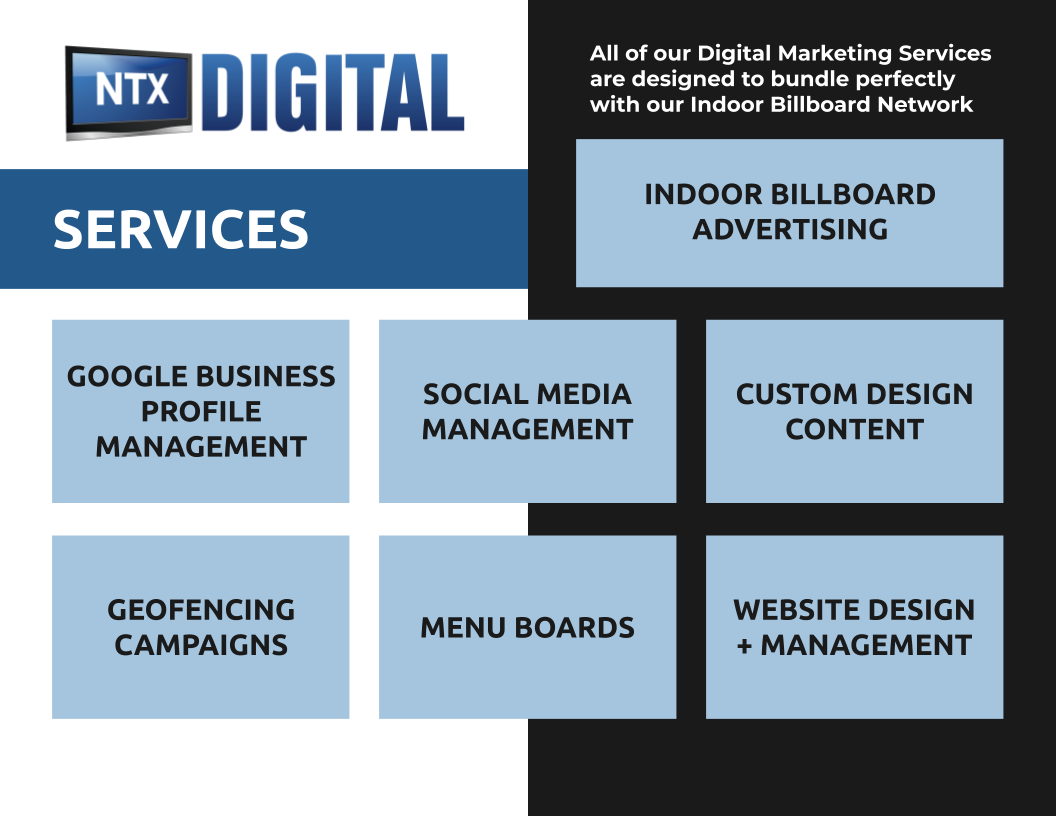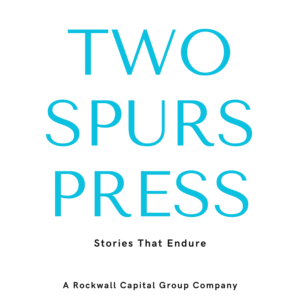Last updated on December 17, 2024
As the year draws to a close, many of us reflect on our blessings and consider ways to give back to our communities. For me, this includes supporting my church and local nonprofits that are near and dear to my heart. Charitable giving not only warms the heart but can also offer significant tax benefits. Let’s explore some effective strategies to maximize your charitable impact while minimizing your tax burden.
Understanding the Tax Benefits of Charitable Giving
Before diving into specific strategies, it’s essential to understand the basic tax benefits associated with charitable giving. In the United States, you can generally deduct charitable contributions from your taxable income. However, the specific rules and limitations can vary based on your tax filing status, income level, and the type of charitable organization.
Key Strategies for Maximizing Your Charitable Impact
1. Maximizing Cash Contributions
- Deduction Limits: If you itemize deductions, you can deduct cash donations up to 60% of your adjusted gross income (AGI).
- Standard Deduction: Even if you don’t itemize, the increased standard deduction amounts may indirectly benefit your overall tax strategy.
2. Leveraging Appreciated Securities
- Capital Gains Tax Avoidance: By donating appreciated securities, such as stocks or mutual funds, you can avoid paying capital gains tax on the appreciated amount.
- Fair Market Value Deduction: You can deduct the fair market value of the securities on the date of the gift, maximizing your tax benefit.
3. Using Donor-Advised Funds (DAFs)
- Immediate Tax Deduction: Contributing to a DAF allows you to receive an immediate tax deduction.
- Tax-Deferred Growth: Contributions grow tax-deferred within the fund, potentially increasing your charitable impact over time.
- Flexible Giving: You can recommend grants to your favorite charities over several years, aligning with your philanthropic goals.
4. Setting Up Charitable Remainder Trusts (CRTs)
- Income for Life: Receive a steady income stream from the trust for a specified period.
- Charitable Legacy: Upon termination of the trust, remaining assets are transferred to designated charities.
- Tax Benefits: Potential income tax deductions and estate tax savings make CRTs an attractive option for long-term planning.
5. Making Qualified Charitable Distributions (QCDs)
- Direct IRA Transfers: Individuals aged 70½ or older can transfer funds directly from their IRA to a qualified charity.
- Tax-Free Withdrawal: Avoid income tax on the distribution while satisfying your required minimum distribution (RMD).
- Efficient Giving: This is an ideal option for retirees seeking to reduce taxable income.
Additional Tips for Year-End Giving
- Consult a Tax Professional: A qualified tax advisor can help you determine the best strategies for your specific financial situation.
- Clarify Donor Intent: Clearly communicate your intentions to the charity to ensure your gift is used as you desire.
- Explore Matching Gifts: Check with your employer to see if they offer matching gift programs to double your impact.
- Coordinate Year-End Planning: Align your charitable giving with other strategies, such as tax-loss harvesting, to optimize your financial position.
Real-Life Example
Imagine you’ve held stock for years that has appreciated significantly in value. By donating $10,000 worth of stock purchased for $5,000, you avoid paying capital gains tax on the $5,000 gain and can deduct the entire $10,000—a win-win for you and the charity.
Conclusion
Year-end is an excellent time to reflect on your blessings and give back to your community. By exploring these strategies, you can amplify the joy of giving while optimizing your finances. Whether you’re donating cash, securities, or through a DAF, your generosity can make a lasting difference. Remember to consult a tax professional to tailor a giving plan that aligns with your financial goals and philanthropic aspirations.
Wishing you and your family a joyful holiday season filled with the spirit of giving. Merry Christmas and Happy New Year!
Disclaimer: Rockwall Wealth Advisors reminds you that this post is for informational purposes only and should not be considered financial advice. Please consult a qualified financial advisor before making any investment decisions.

Gerald Hendrik – President, Rockwall Wealth Advisors
Rockwall Wealth Advisors is an innovative, independent wealth management firm providing fee-only financial planning advice and investment management. www.rockwallwealthadvisor.com



































